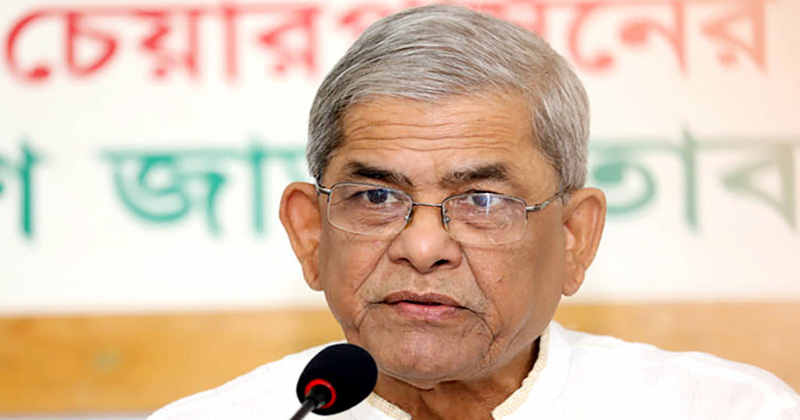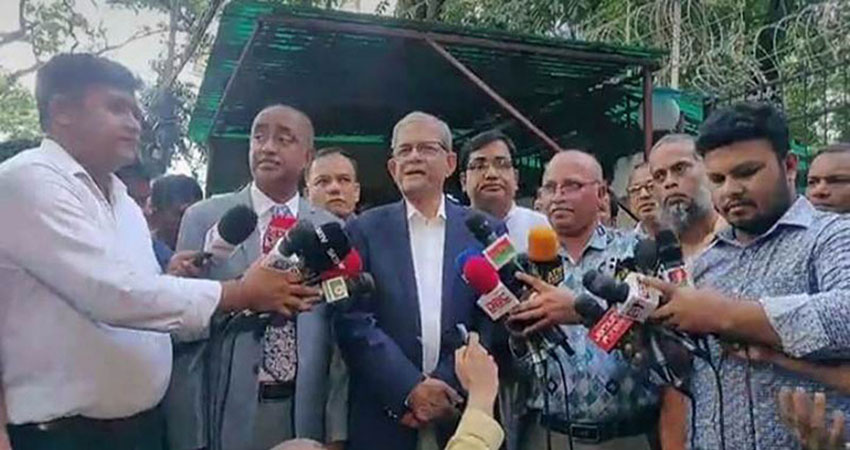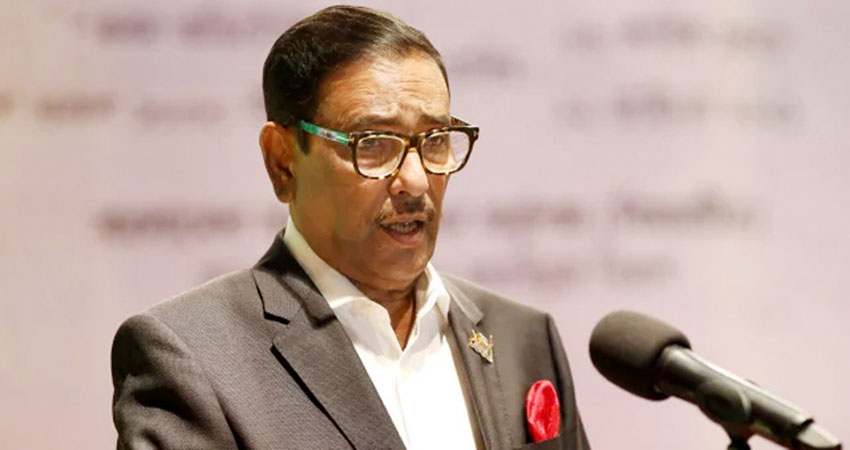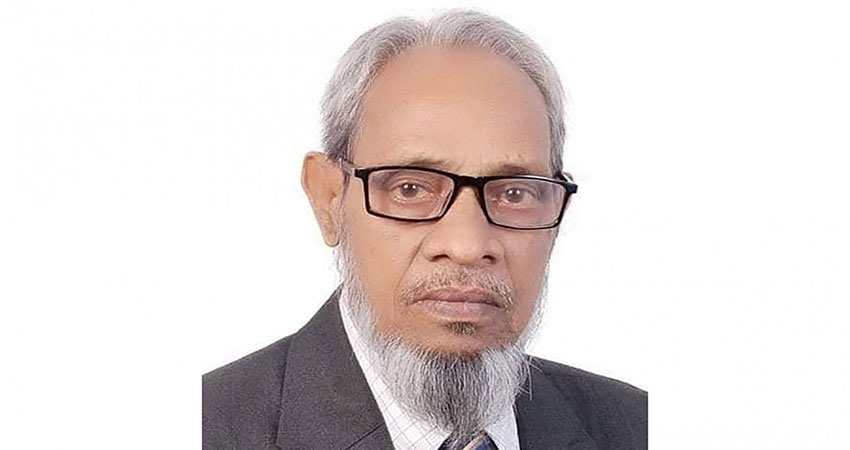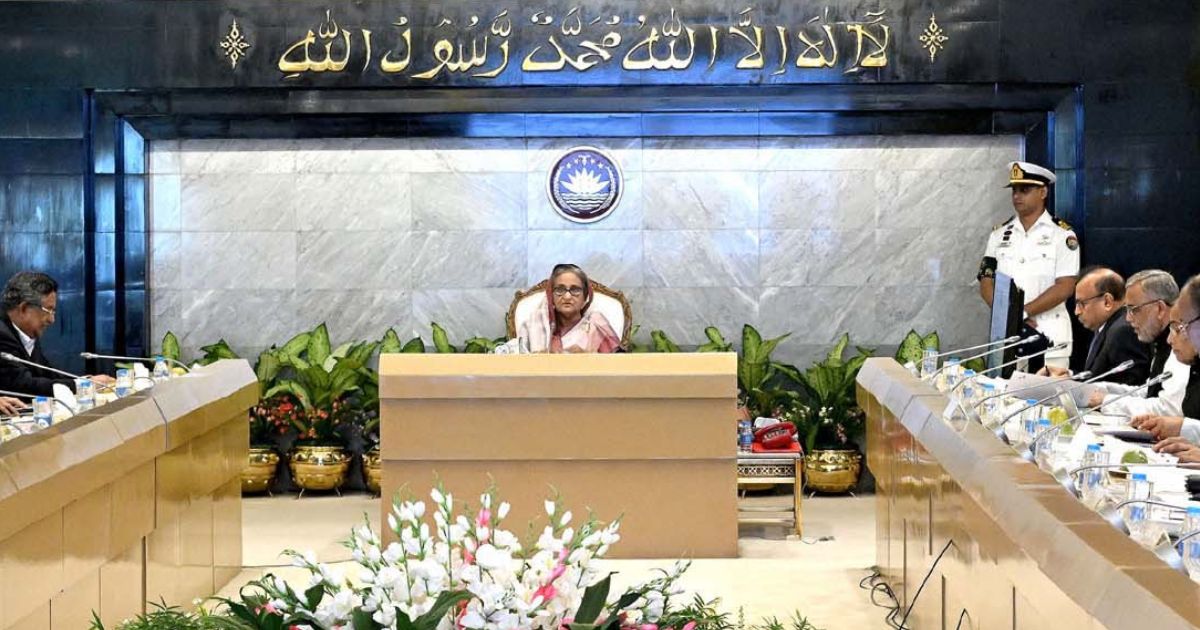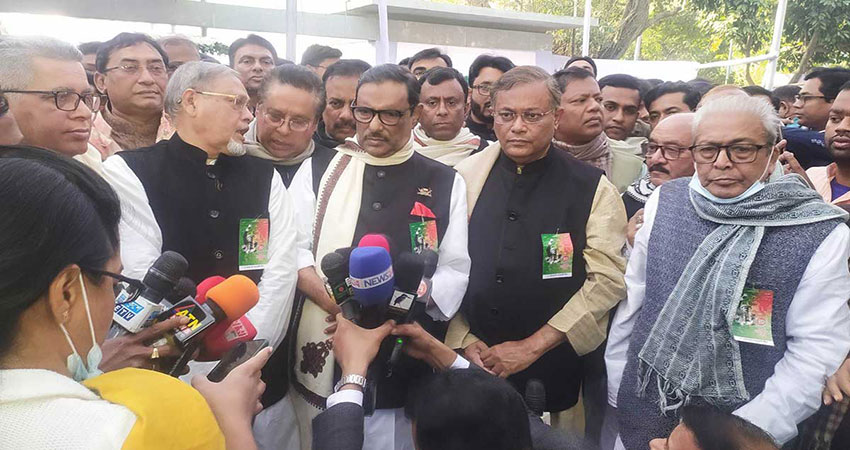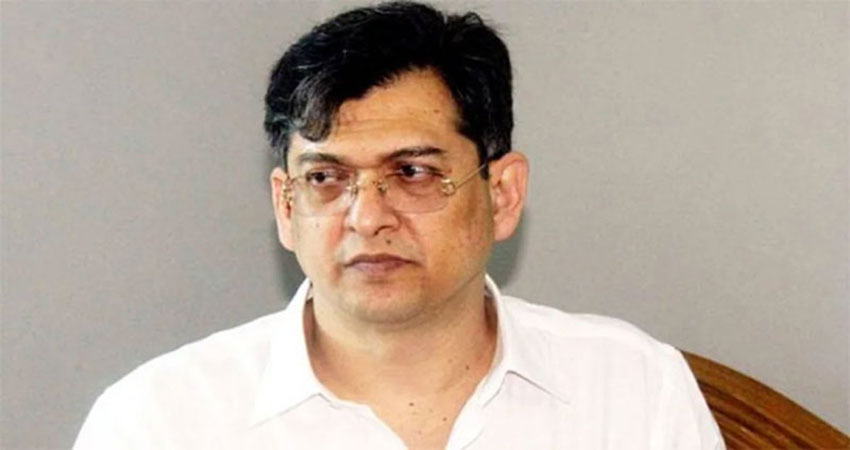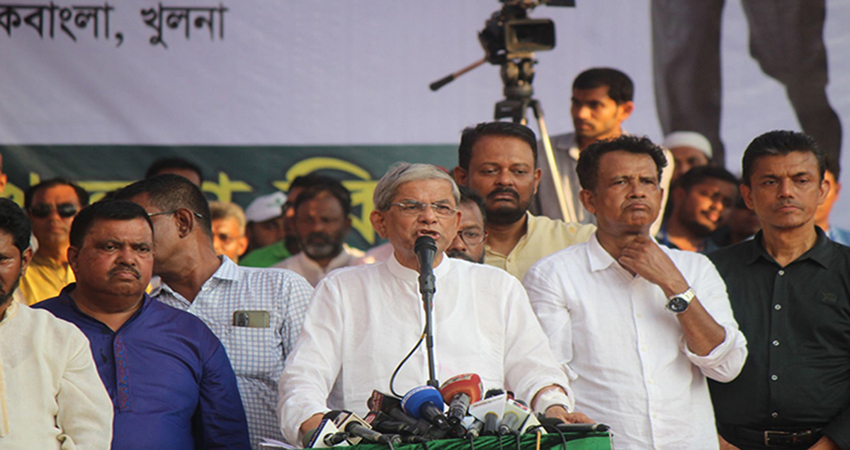BNP on Monday vowed to move ahead braving what it said the government’s intensified repression to subdue its opponents ahead of the next election.
Talking to reporters beside the grave of BNP founder Ziaur Rahman, BNP Secretary General Mirza Fakhrul Islam Alamgir alleged that the unelected Awami League government has long been resorting to repression, killing, enforced disappearance and unleashing terror to hang onto power, UNB reports.
“We’ve been observing for some days that they're again establishing a reign of terror in the old style as the election is approaching. They have attacked our Chhatra Dal and our leaders and activists and their houses in different districts. We have taken a vow today that no fear and repressive acts can suppress us,” the BNP leader said.
He said they will overcome all the barriers and repressions together with the people and remove the current 'terrible' regime from power in a democratic manner.
“We’ll establish a government and parliament of people through a credible and impartial election under a neutral government,” he said.
Earlier, Fakhrul together with party leaders and activists paid homage to Zia by placing a wreath at his grave, marking his 41st death anniversary.
Zia, who founded Bangladesh Nationalist Party (BNP) in 1978, was assassinated by a group of disgruntled army officers at the erstwhile Chittagong circuit house on May 30, 1981.
Fakhrul trashed the ruling party leaders’ allegation that BNP is trying to create anarchy in the country ahead of the inauguration of Padma Bridge.
“They (AL leaders) are now making such comments to confuse people and divert their attention to a different direction,” he said.
He said the country’s people have started taking to the streets and sacrificing their blood on the streets for the restoration of democracy. “We hope people will get back democracy through this struggle.”
The BNP leader recalled that Ziaur Rahman “restored the lost democracy by removing one-party rule and gifted Bangladesh a multi-party democracy through the civil-military uprising” on November 7, 1975’.
He said Zia laid the foundation for turning Bangladesh into a prosperous country from a “bottomless basket’’.
Fakhrul bemoaned that the democracy that was restored by Zia, is now completely missing in Bangladesh.

